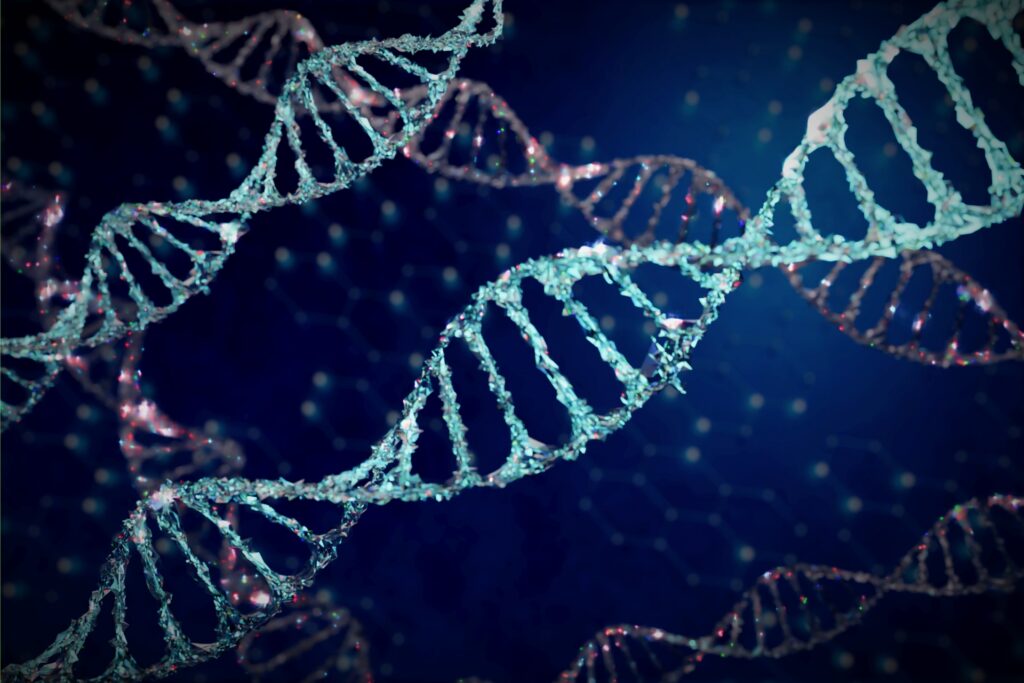Stop Patenting Life!
In this paper I will argue that, even if one accepts that the risks posed by genetically engineered products to human health and the environment are not serious enough to warrant banning them on ethical grounds, there are sufficient ethical grounds for opposing the patenting of living organisms. Over time, the patenting scramble will remove many life forms from the domain of the commons where they have provided many services for humans and other creatures. Under a patenting regime these life forms will now become the private property of Northern transnational corporations. Life will have value only in so far as it generates a profitable return on investment for large companies. The debate is timely because the World Trade Organization planned to monitor how signatories of the WTO were implementing Article 27.3(b) of the Agreement on Trade-Related Aspects of Intellectual Property Rights (TRIPS) at the WTO Ministerial Meeting in Seattle at the end of November 1999. Many feared that a global regime of patenting will fill the coffers of rich Northern Transnational Corporations and further impoverish the poor, especially in the Third World. Life, which was once considered sacred and a gift from God in almost all the religions and cultures of the world, is now seen as a human invention, a collection of genes and chemicals that can be engineered and bought and sold by a patent holder. Such a reductionist, mechanistic and materialistic concept of life is at variance with the tenets of all the major religions. The speech attributed to the North American Indian Chief Seattle bemoaned Western arrogance that thought we could “buy or sell the sky or the warmth of the land”. With patenting, human beings claim to have invented plants and animals and to have exclusive control over them. If the scramble to patent living forms gathers pace across society, it will undoubtedly devalue the meaning of life. Unlike Chief Seattle for whom “every part of the Earth was sacred”, no part of the Earth will be sacred in the future. Furthermore, it could well mean that within a few decades “the entire human genome… (will) be owned by a handful of companies and governments.
Recommend movie.
Links to Life Patents
Overseas
- Canada Ban Terminator
- Canada Canadian Biotechnology Action Network
- USA Center for Economic and Policy Research
- USA Council for Responsible Genetics
- USA Center for Food Safety
- Canada Corporate Watch
- UK Critical Information Collective
- Canada ETC Group
- USA Food First
- Canada Food Science Network
- Australia Gene Ethics
- UK Gene Watch
- USA Genomics Law Report
- UK GM Watch
- Spain GRAIN
- USA Grinning Planet
- USA Institute for Agriculture and Trade Policy (IATP)
- Canada Indigenous Peoples’ Council on Biocolonialism
- Switzerland Intellectual Property Watch
- UK International Journal of Agricultural Sustainability
- Switzerland International Union for Conservation of Nature
- UK Institute of Science in Society
- USA Organic and Non=GMO Report
- USA Organic Consumers’ Association
- John Ray Initiative
- Netherlands P2P Foundation
- USA Pharmacogenomics Reporter
- USA Public Patent Foundation (PUBPAT)
- UK Resurgence
- USA Union of Concerned Scientists


